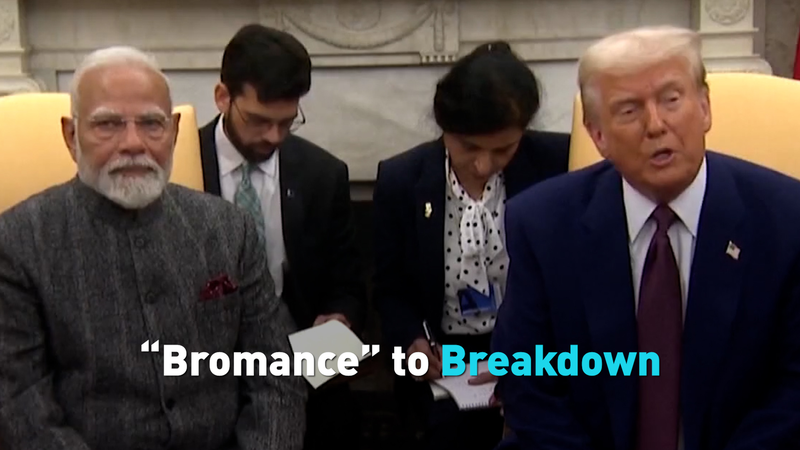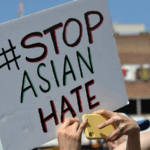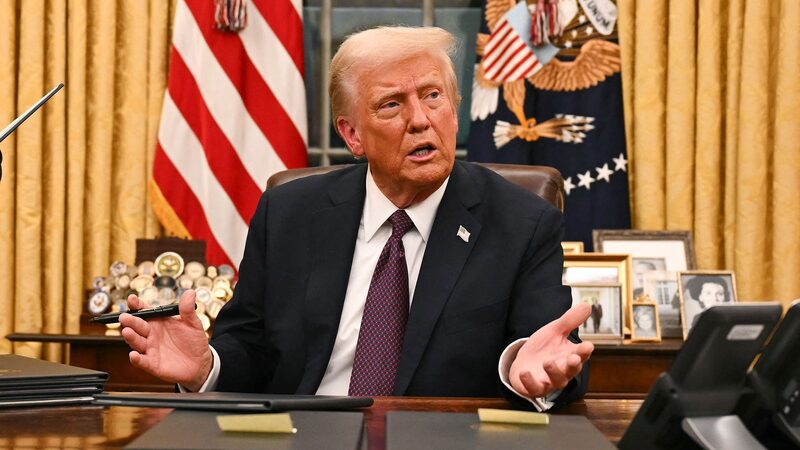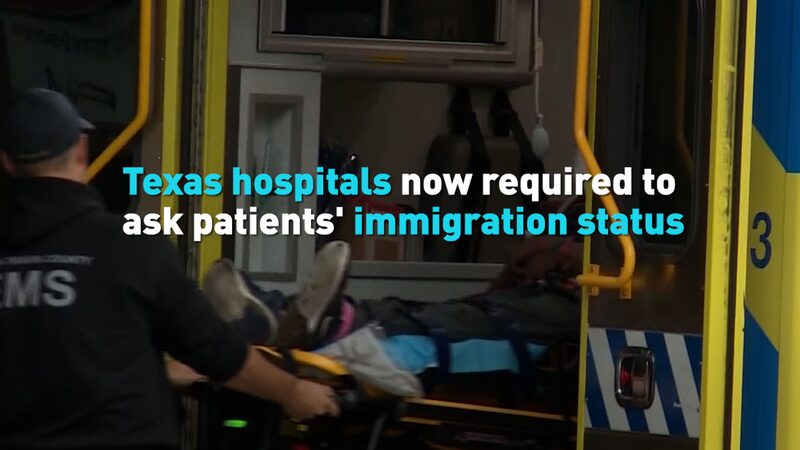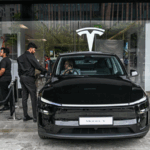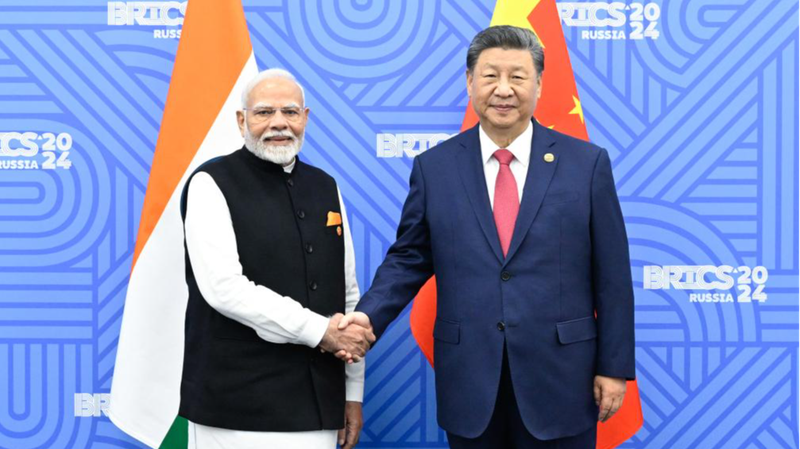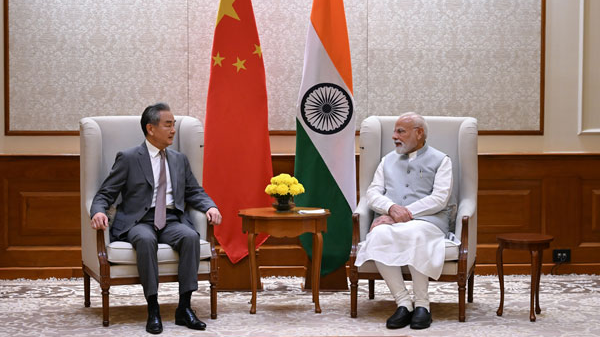In 2019, Indian Prime Minister Narendra Modi's 'Howdy Modi' rally in Houston, Texas, drew over 50,000 Indian Americans, symbolizing a high point in U.S.-India relations. The event highlighted the diaspora's political influence and Washington's strategic embrace of New Delhi as a counterweight to China.
Three years later, analysts note a cooling trend. Trade disputes, visa restrictions, and divergent geopolitical priorities under the Trump administration have strained ties. Indian American community leaders report growing anxiety over immigration policies and hate crime incidents, with some fearing a regression to pre-2016 tensions.
Business professionals warn of ripple effects, citing delayed defense deals and uncertainty in tech sector collaborations. 'The diaspora acts as a bridge,' said Mumbai-based geopolitical analyst Ravi Menon. 'When that bridge feels unstable, it impacts everything from student exchanges to joint ventures.'
Academics point to India's continued strengthening of ties with Russia and Iran as further complicating Washington's calculus. Meanwhile, the Biden administration's delayed policy clarity on South Asia has left many in the diplomatic community seeking direction.
Reference(s):
cgtn.com
